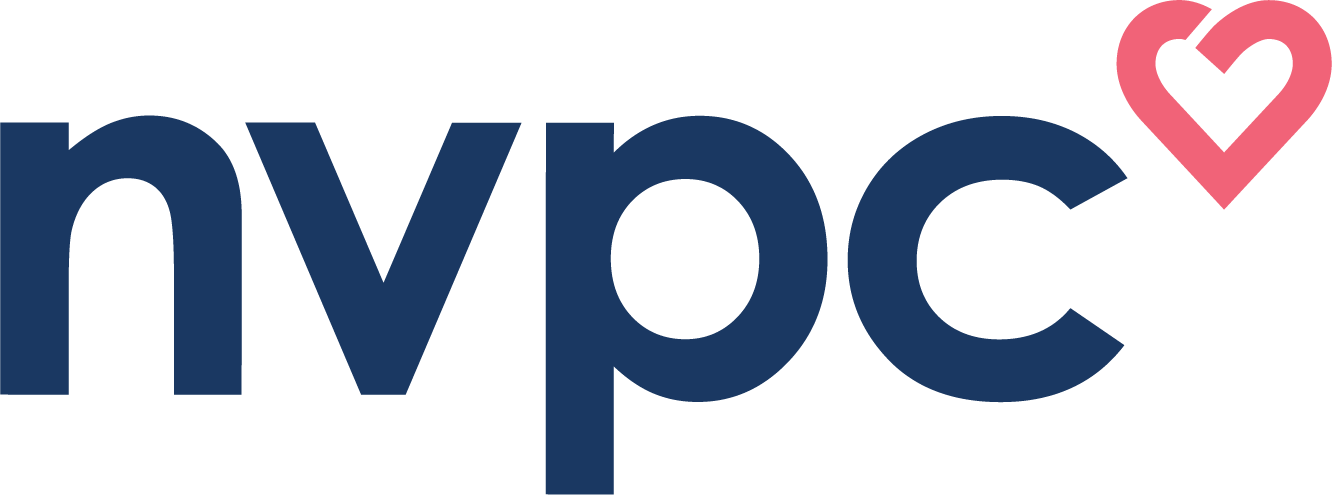
A fellowship where one learns to marry social and business objectives
This article was originally published on The Business Times.
In 2021, he married these two spheres of his life: The Ebenex Group launched Roxy Rockstars, a three-day train-and-place programme open to all youth aged 18 to 35, to equip them with the skills needed for careers in the events industry.
A win-win situation was born: Toh said the programme gave these young people skills training and job opportunities in the events industry, which happened to be hamstrung by a manpower shortage.
It was then that he saw that it was possible to achieve business and social objectives – a belief preached in the Company of Good (COG) Fellowship, a talent development programme run by the National Volunteer & Philanthropy Centre (NVPC), which he had attended.
The Roxy Rockstars was Toh’s action project in the programme. He met people from other organisations across various sectors – with whom he worked to get Roxy Rockstars off the ground.
For instance, The Ebenex Group collaborated with mining company BHP to deploy youths to events organised for the 10 charities that BHP was supporting. With Ebenex in the picture, these social welfare groups were delivered professionally produced events that were cost-effective; Ebenex’s profile was raised as a result, netting it more events contracts, which in turn helped to keep funding the training modules at Roxy Rockstars.
The COG Fellowship is a five-month programme with 12 learning modules on topics such as systems thinking and corporate purpose. Programme participants are high-potential business professionals seeking to bring about change that benefits both business and society. The programme is also growing a community of business leaders well-placed to make a positive impact.
The five intakes of the Fellowship programme have created a network of 185 Fellows representing 147 organisations across various sectors and industries.
Meaningful stakeholder engagement
One of Toh’s trainers during the programme was Michelle Lim, the founder and chief executive officer of Make The Change (MTC), an integrated creative agency that provides services for corporations and non-government organisations (NGOs); MTC also conducts social innovation learning programmes for youth and persons with disabilities, among others.
Lim, herself a graduate of the Fellowship programme’s fourth intake, is a firm believer in stakeholder engagement and the power of strategic collaboration to amplify the positive impact of a project to effect social change.
But she is realistic, having learned from experience that effective stakeholder management is not always easy.
“With limited knowledge and networks, our collaborations with corporates and other stakeholders were often based on superficial KPIs (key performance indicators) and quantitative measurements,” she said.
For her, the Fellowship programme was invaluable for inculcating in her a multi-stakeholder perspective from the many opportunities she had to interact with other attendees from varying organisational levels and industries. Being able to understand other people’s perspectives has enabled her to come up with more inclusive and collaborative solutions, she said. Developing these substantial relationships has given her agency, MTC, “more opportunities to co-design and co-create, instead of being engaged as a mere vendor”.
Through the programme, MTC collaborated with H.A.M Creations, Micrographics Data and Ya Kun International, working with their data insights and HR teams to co-create an inclusive hiring toolkit for small and medium-sized enterprises.
The relationships fostered among Fellows have proved particularly meaningful as a source for advice, collaboration and encouragement, said Lim. And her positive experience has spurred her to return to the programme as a trainer, so she now offers “my humble, ground-up experiences to future cohorts, as well as to continuously learn from them”.
From profit-driven to purpose-driven
Importantly, for both Toh and Lim, the Fellowship programme has given them the tools and insights to think about how to transform their companies systematically and holistically, from being profit-driven to being purpose-driven.
Toh said that one of his biggest takeaways was how to implement the culture of doing good in his own company, along with the frameworks, structures and processes to do just that.
Lim agreed, saying that she is now more adept at coming up with strategies for MTC’s social projects, scaling them and measuring their impact, as well as identifying pain points.
She added that she has also learned from the other participants the finer points of business growth strategies, impact measurement policies, volunteer tracking systems, and how to redesign corporate missions to achieve double, and even triple bottom lines.
“As entrepreneurs, we are held accountable and should assume our corporate social responsibility on our very first recruit, first customer, first vendor,” she said.
Said Toh: “We should be able to use our resources and skill sets to contribute positively to the communities we work with, and society at large. With a clear sense of purpose, our decisions and activities will also bring us to consider that what we are doing is impactful, and of value to stakeholders.”
Ebenex Group, Make the Change


